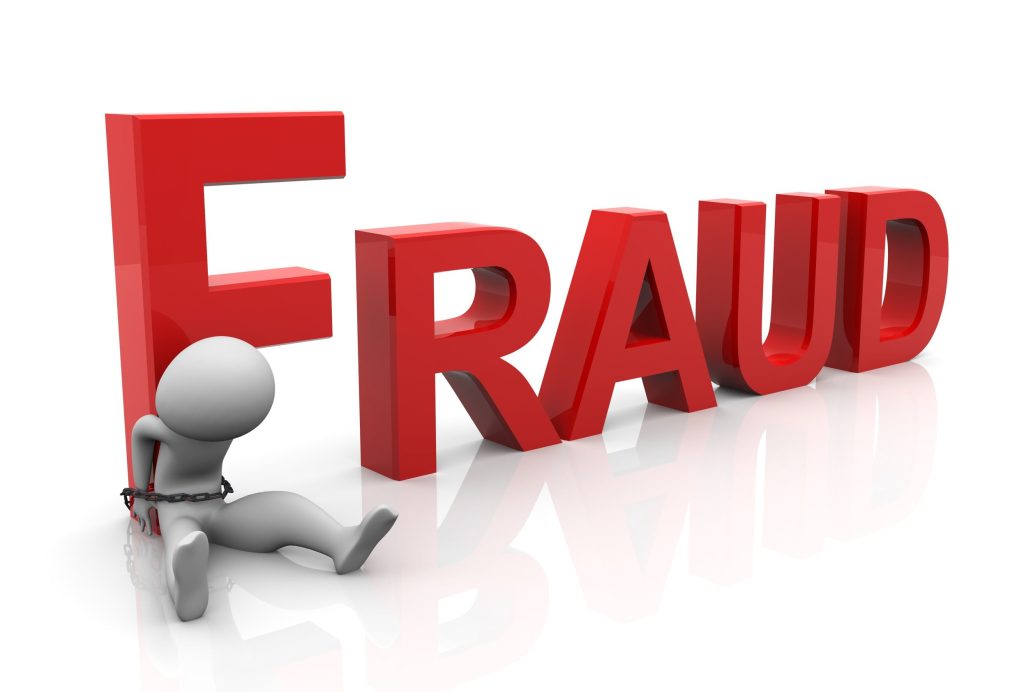Owners of timeshares often find themselves stuck in a cycle of increasing fees, inability to use their timeshares, and difficulty exiting, due to the deceptive tactics used by timeshare sellers and resorts. Unfortunately, this can lead to the timeshare resale scam, which targets owners with phone calls or emails that raise several red flags. Typically, these sellers are not licensed real estate agents, and they claim to have a buyer ready to purchase the timeshare in a short time frame, such as 30 days, requiring an upfront payment for closing costs.
However, the resale market for timeshares is almost non-existent, and many owners are unaware of the low resale value of their timeshares. Timeshare resale companies prey on desperate owners, offering false hope in exchange for a fee, only to disappear once they receive payment, leaving the owner with no sale and thousands of dollars less.
The state attorney general offices and consumer protection agencies have warned consumers about this problem, and the Federal Trade Commission (FTC) is actively investigating these fraud claims. Reputable timeshare exit specialists will advise owners that selling a timeshare quickly and for a profit is almost impossible, and any offer that sounds too good to be true is likely a scam. These specialists can provide guidance on the best course of action for exiting timeshares.
Fraud in any industry tends to become increasingly sophisticated over time, and the timeshare sector is no exception. One disturbing trend is the rise of fraud relating to lawsuits involving timeshare fraud. Scammers are now fabricating lawsuits and exploiting them to commit further fraud against timeshare owners.
The U.S. Department of Treasury recently issued a fraud alert about a letter sent to several individuals, claiming that they were owed money from a criminal case against specific timeshare companies. However, the letter and accompanying documents were fraudulent, and the Department of Treasury warned recipients not to respond and to contact them immediately.
As more lawsuits concerning timeshare companies, resellers, and exit companies come to light, this type of timeshare “metafraud” is likely to become even more common. It’s crucial to obtain information about timeshares and timeshare exits from established and trustworthy professionals in the industry. If you receive any suspicious documents, like those mentioned above, it’s advisable to contact law enforcement to authenticate them and safeguard yourself from potential scams.




